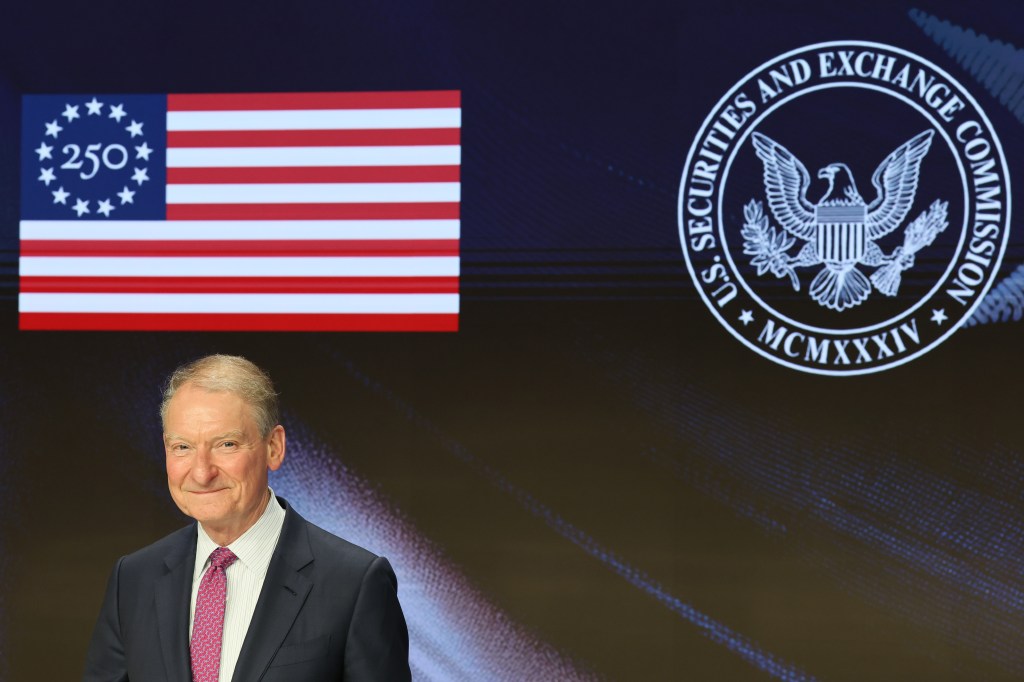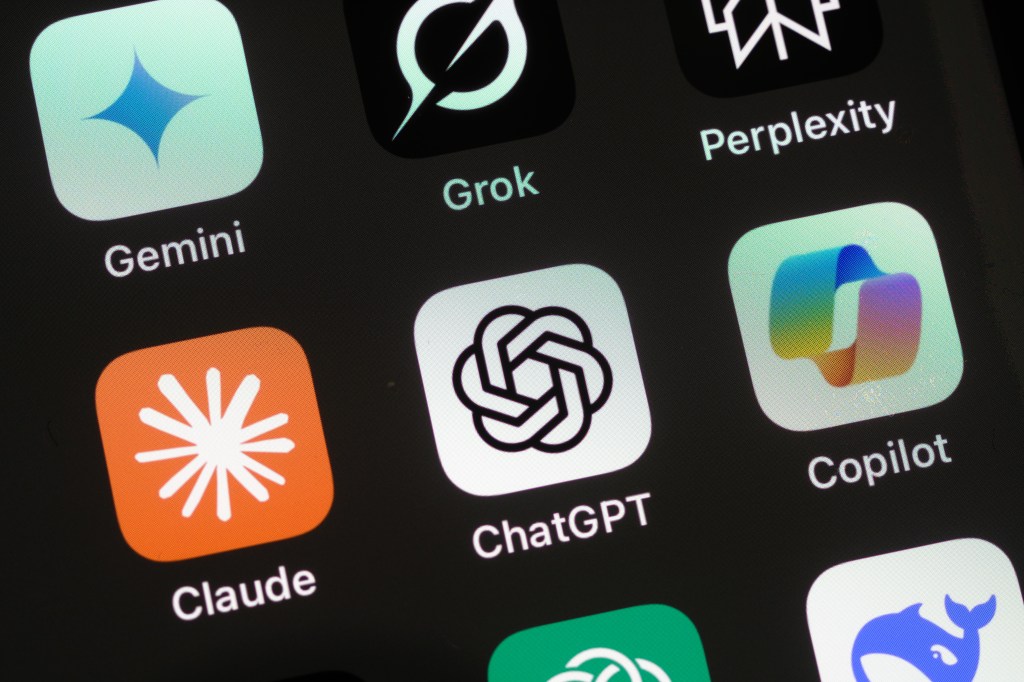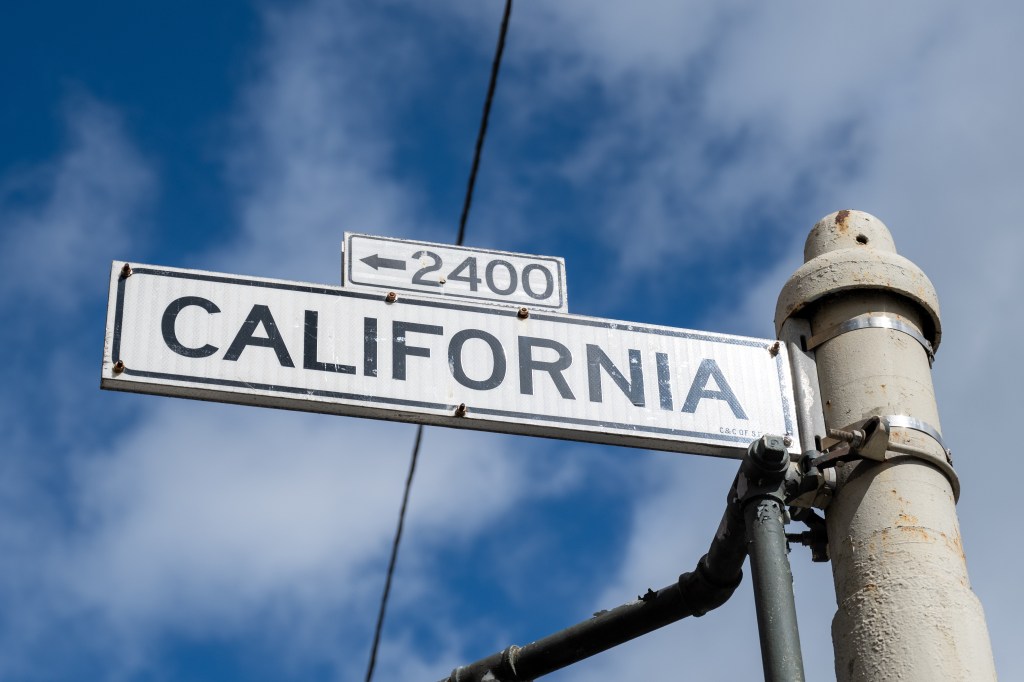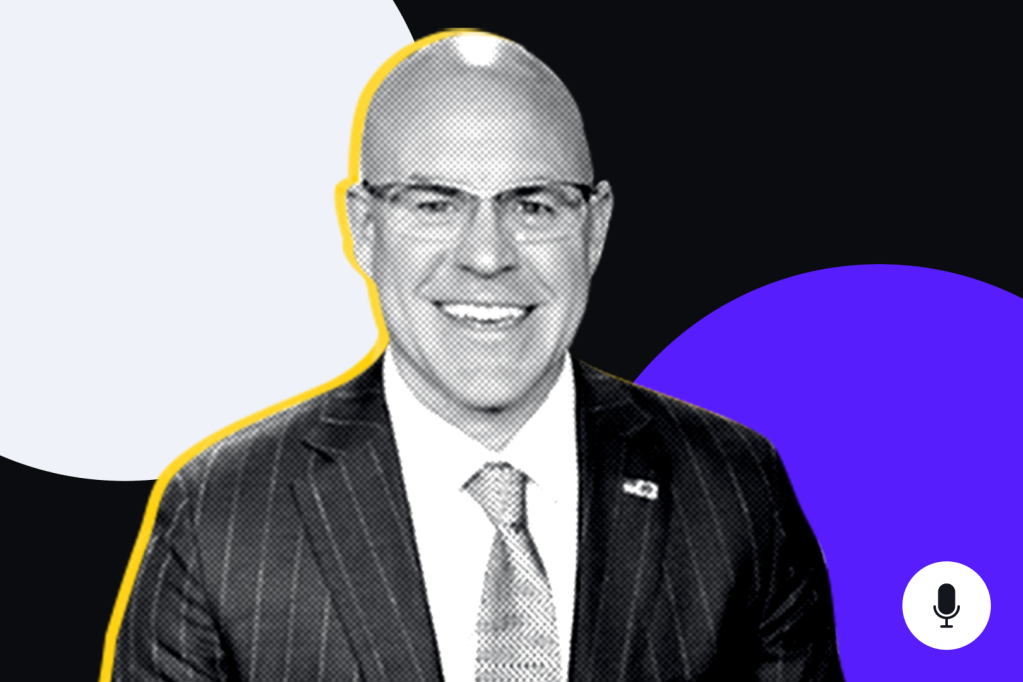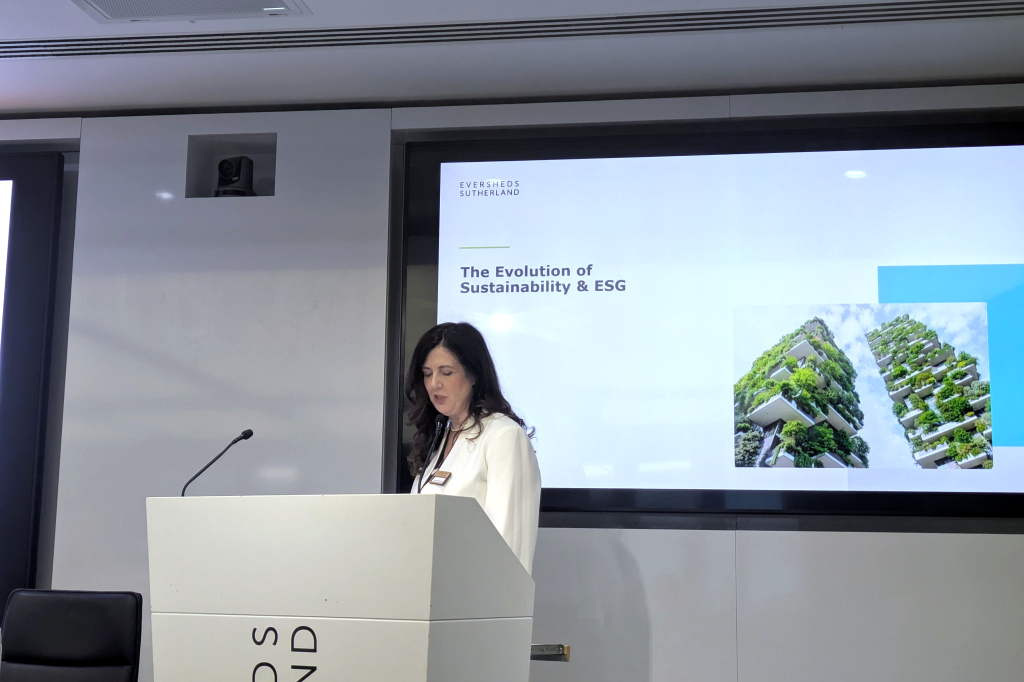The SEC announced settled charges against GQG Partners (GQG), a New York boutique RIA for its violation of the Dodd-Frank era Whistleblower Protection Rule.
GQG has agreed to pay a $500,000 penalty without admitting or denying the allegations.
The charges relate to NDAs the company entered into with employment candidates that
Register for free to keep reading
To continue reading this article and unlock full access to GRIP, register now. You’ll enjoy free access to all content until our subscription service launches in early 2026.
- Unlimited access to industry insights
- Stay on top of key rules and regulatory changes with our Rules Navigator
- Ad-free experience with no distractions
- Regular podcasts from trusted external experts
- Fresh compliance and regulatory content every day


